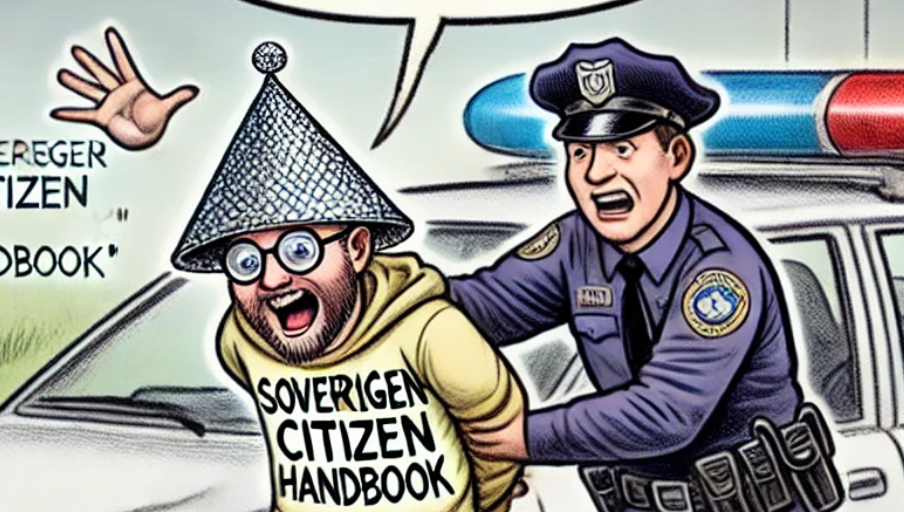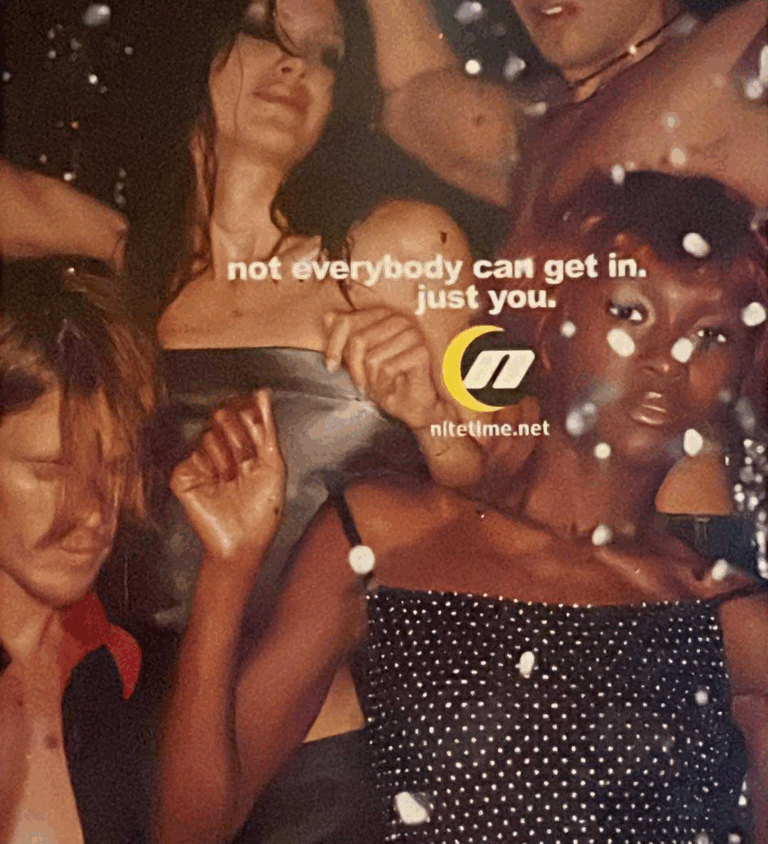
TL;DR: You can’t “word salad” your way out of the legal system. Law enforcement doesn’t play by YouTube comment section rules, and neither do the courts.
1. Law Enforcement Operates Under Real Law, Not Personal Beliefs
The Sovereign Citizen gimmick is rooted in the belief that certain phrases or documents can exempt someone from government laws, licenses, or jurisdiction — as if the legal system is a game of magic words.
But here’s the reality: The officer pulling you over doesn’t care what you believe the law says — they care what the law actually says.
Courts, police departments, and statutes operate based on established legal precedent, not personal interpretation. Saying “I do not consent” or “Am I being detained?” repeatedly won’t erase a broken taillight or expired license plate. It just wastes everyone’s time and raises suspicion.
2. The Legal System Recognizes Jurisdiction — Not YouTube Case Law
Sovereign Citizens often claim that unless they’ve entered into a “contract” with the government, they’re not subject to its rules. That’s not how law works.
Traffic laws, like all public laws, are statutory obligations. They apply to everyone using public roads, because by choosing to drive, you’ve already agreed to the terms — like it or not. It’s the same as using a gym: you don’t get to yell “I don’t consent!” when the treadmill stops after 30 minutes.
No matter how many times someone says “I’m a free traveler,” the cop is still going to ask for your license, registration, and proof of insurance. Because they’re not playing a game — they’re enforcing the law.
3. Judges Aren’t Impressed — They’re Annoyed
Try the Sovereign Citizen script in court and you’ll get one of two things:
- Laughed out of the room, or
- Held in contempt.
Judges deal in facts, not fiction. Sovereign arguments like “I’m a natural person” or “I don’t recognize this court’s jurisdiction” don’t make them pause — they make them double your fines. Many Sovereign Citizens have tried these arguments, and none have ever successfully invalidated traffic law on that basis. Not one. Ever.
There are literal compilations of court cases rejecting these defenses as frivolous. The courts have said over and over: this stuff does not work.
4. Officers Are Trained for This Nonsense
If you think you’re the first person to say “I don’t answer questions,” guess again. Cops have seen the YouTube videos. They’ve heard it all.
Some Sovereign Citizens think that if they refuse to roll down their window or speak, they can avoid arrest. But refusal to comply can be interpreted as obstruction — and in many states, not identifying yourself is a criminal offense.
The more you escalate, the higher the odds of:
- Your car getting towed
- You getting arrested
- You making an appearance on r/PublicFreakout
Spoiler: the cop still files the citation, and your “sovereign immunity” doesn’t pay your impound fees.
5. Real Freedom Comes from Understanding the Law — Not Dodging It
Want to avoid trouble at traffic stops? Here’s what actually works:
- Know your rights (4th and 5th Amendments)
- Stay calm
- Don’t argue on the roadside — save it for court
- Be respectful (even if you disagree)
Trying to out-debate an officer with a pseudo-legal script is like challenging your dentist on quantum physics while they’re holding a drill. It won’t end well.
True empowerment comes from knowing the law and how to use it properly — not pretending you’re above it.
Final Thought
The Sovereign Citizen gimmick is a seductive illusion: it whispers that you can live outside the rules with the right incantation. But reality always wins. Traffic law isn’t a debate club — it’s a system with real-world authority, backed by decades of legal precedent, institutional power, and a tow truck idling behind you.
So next time someone says “You don’t need a license if you’re not driving commercially,” just smile and ask them how many times they’ve beaten a ticket using that line.
Spoiler alert: it’s zero.


